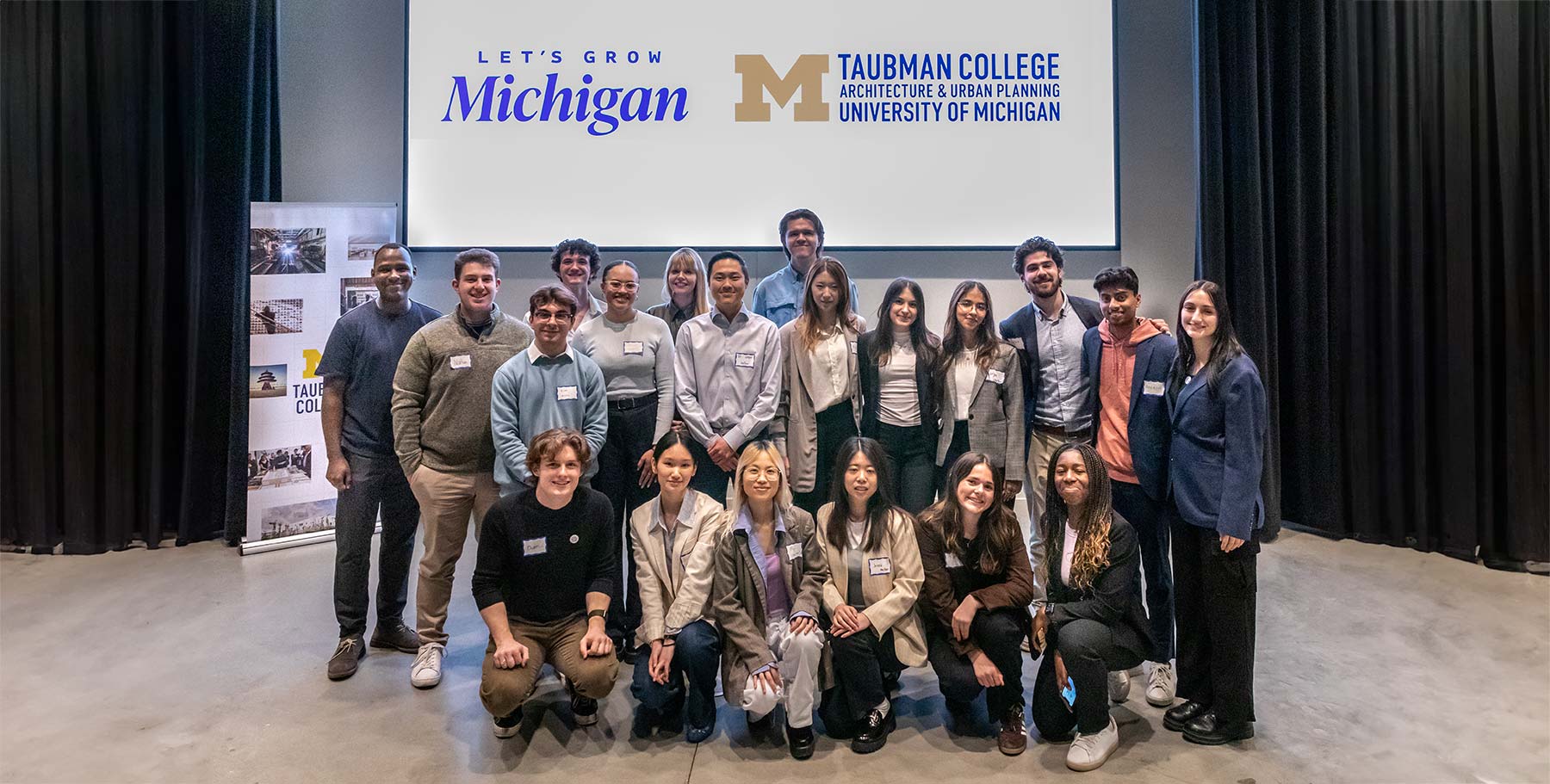Levine to Detroit Free Press: Cities Are Not Yet Ready for Self-Driving Cars
In Detroit Free Press Article, “Why we aren’t ready for self-driving cars – yet,” Professor Jonathan Levine cites the need for more public policy. The article, by John Gallagher, discusses benefits and challenges of self-driving vehicles. “The vehicle development is way ahead of the public policy,” warns Professor Levine. Asked whether cities were doing enough to get ready, he said, “My short answer is no, we’re not doing what we need to be doing yet.”
Levine also warns that the public policy questions inherent in a driverless world are even tougher to solve. He cites research by the National Renewable Energy Laboratory that suggests the potential energy use by driverless cars could range anywhere from a 90% reduction in current energy use to a 200% increase. Because energy use is a good proxy for environmental impact, Levine said, “the self-driving car could be an absolute environmental boon, even a savior, or it could be an absolute disaster.”
The article continues to state, that the difference lies in how consumers use self-driving cars. If the public buys self-driving cars much as they buy vehicles today — a car in every garage — self-driving technology could greatly increase the amount of miles driven. Say a commuter takes a self-driving car to work downtown, and then rather than pay for parking, sends it back empty to park at home. At the end of the day, the empty car returns downtown to pick up the owner. Total usage: two round trips per day instead of the usual one.
“We’d be driving more and more, but we wouldn’t be reaching more destinations,” Levine said. “In fact, we probably couldn’t handle the congestion.”
On the possible upside, sharing driverless vehicles through on-demand services like Uber or Lyft might mean fewer private cars and a savings in energy. But Levine fears that policies will tilt toward private ownership. He suggests zoning laws be significantly overhauled to reduce the amount of parking required and to encourage more walkable, mixed-use environments where privately owned cars are less needed.
“When it comes to how the self-driving car fits into our cities and into our metro areas, I think we haven’t begun to scratch the surface,” he said. “And the danger is we’re defaulting toward that scenario where the self-driving car vastly multiplies vehicle miles traveled.”
For the full article: Detroit Free Press.




